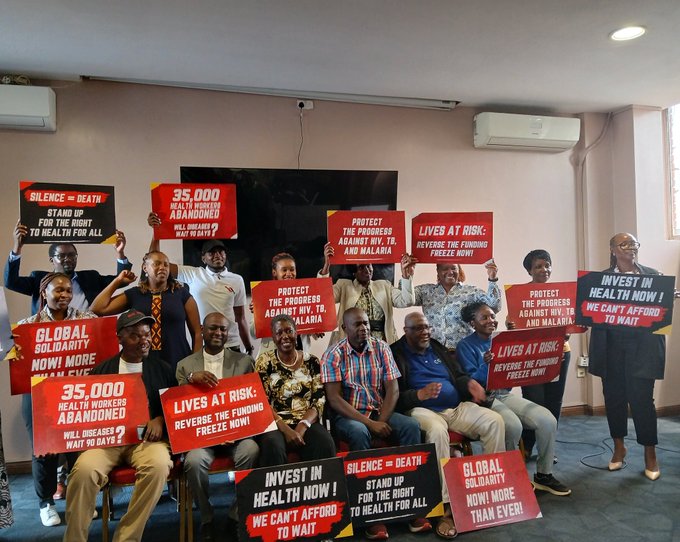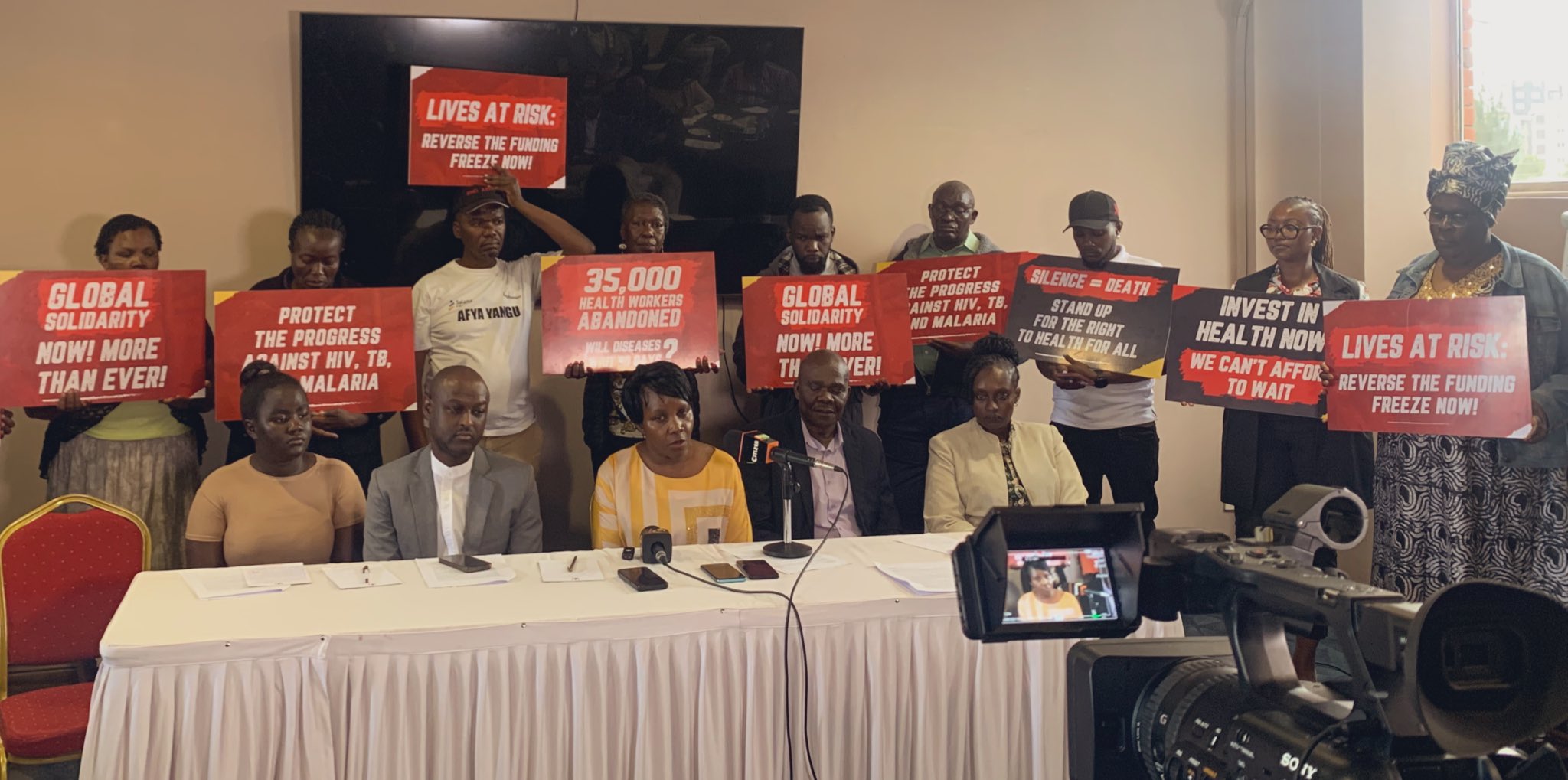Kenya’s health sector is in turmoil after the sudden suspension of USAID funding. More than 35,000 health workers have lost their jobs, more than 150 clinics have closed, and some 72,000 HIV patients have lost access to life-saving drugs. The crisis began when the U.S. government issued a 90-day stop-work order, sending shockwaves through the sector.
The lapse in funding has left peer educators, outreach workers, doctors, nurses and community health workers without pay. Many essential health services have ground to a halt, leaving communities vulnerable. Clinic closures have exacerbated the situation, making health care almost inaccessible to thousands of people in need.

Patients relying on antiretroviral therapy are now at risk of having their treatment interrupted. Drop-in centers and HIV prevention programs for adolescent girls and young women have also closed. Decades of progress against HIV, tuberculosis and malaria are now at risk, threatening the long-term health stability of the country.
Civil society groups are urging the government to act quickly. They are calling for rapid response initiatives, increased budget allocations and a clear plan to address the crisis. They are also calling for transparency and proactive communication from officials to reassure affected communities.
The funding freeze is more than a financial setback – it is a test of Kenya’s ability to protect its health system. With thousands of lives at stake, urgent action is needed to restore stability and ensure that vital services continue without interruption.










